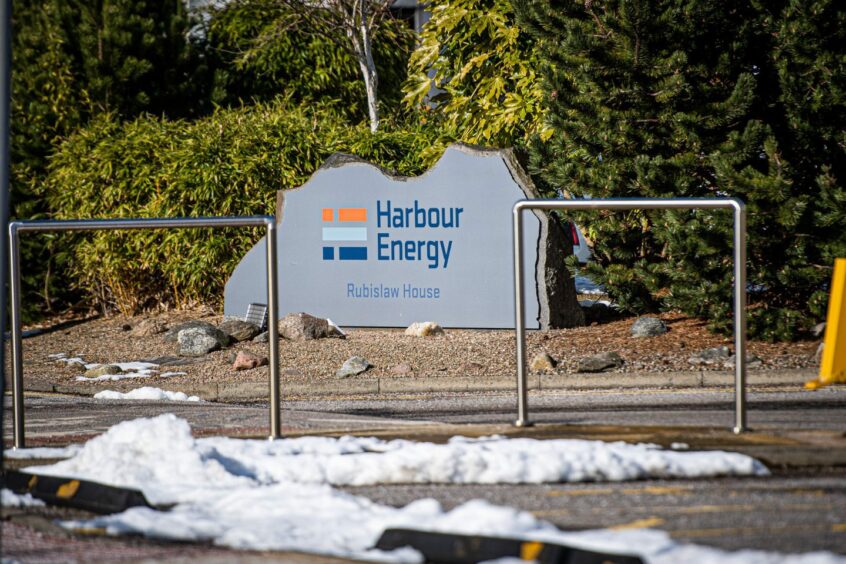
One reason it will take Harbour Energy until the end of the year to close its Wintershall Dea acquisition is the sheer amount of approvals from governments and regulators.
Harbour is buying the international E&P in an $11.2 billion transaction. This will include $4.15bn in the transfer of Harbour equity to Wintershall Dea’s owners.
As a result, BASF will hold 46.5% in ordinary shares in Harbour, based on its 73% stake in Wintershall Dea. Harbour’s shareholders will have 53.5% of the ordinary shares.
LetterOne will have 251.5 million non-voting non-listed shares in Harbour. If these were converted into ordinary shares, it would have a 14.9% stake, while BASF would have 39.6% and Harbour’s original shareholders would have 45.5%.
Bringing LetterOne into the company’s shareholder register is likely to prove a particular test. Head of investor relations Elizabeth Brooks was unconcerned about the impact, though. She was speaking at Pareto’s annual E&P conference in London.
The Russian company’s stake will be non-voting, she explained, and it will not receive any seats on the Harbour board. BASF will have two seats on the Harbour board.
“LetterOne is not sanctioned,” Brooks said, “but certain of their minority shareholders are sanctioned. We wanted to structure the deal carefully to ensure LetterOne had no influence over Harbour.”
Mikhail Fridman and Petr Aven, both sanctioned, hold less than 50% in LetterOne. They stepped down from the company’s board in March 2022.
The executive said the company had talked through this structure with its banks and committees and “this is a structure they are comfortable with”.
The process of approvals for the Wintershall Dea falls into “three buckets”, Brooks continued.
Mexico and the European Union will need to clear the deal on anti-trust grounds. In the UK and Germany, there is a requirement for foreign investment approval, while the third bucket covers regular upstream consents.
“We’re confident” in the approval process, she continued. “There is no one approval that is keeping us up at night.”
BASF has set out plans to exit the oil and gas sector – a move reflected in its statement at the time of announcing the deal. The German concern is subject to a six month lock up, but Brooks said Harbour expected it to sell down its position over time.
LetterOne, on the other hand, “wants to stay invested”.
The entry of BASF into Harbour’s ownership opens up the need for UK approval, under the National Security and Investment Act. “That is the opportunity that the UK government can use to look at the LetterOne position. But we don’t see a risk there, we have good engagement with the government.”
Credit grade
Harbour produced 186,000 barrels of oil equivalent per day in 2023. This is expected to fall to 150,000-165,000 boepd in 2024. Brook’s explained that planned shutdowns and deferred wells would drive this, while it also expects to complete the sale of its Vietnam asset in the first half.
Stripping out the Wintershall impact, Harbour’s production would be flat in 2025 from 2024.
Adding the deal in, though, will be transformational for Harbour. It will have around 500,000 boepd of production and triple its reserves, increasing its reserve life to eight years.
Meanwhile, opex will fall to $11 per barrel, from $18, and emissions intensity per barrel will also reduce.
It is not just a question of increasing in size, Brooks said. Harbour will emerge with “stronger credit, we expect to reach investment grade credit on completion, which will give us access to lower-cost capital for future growth”.
Updated at 9:41 am on January 26 to clarify LetterOne’s shares in Harbour.

